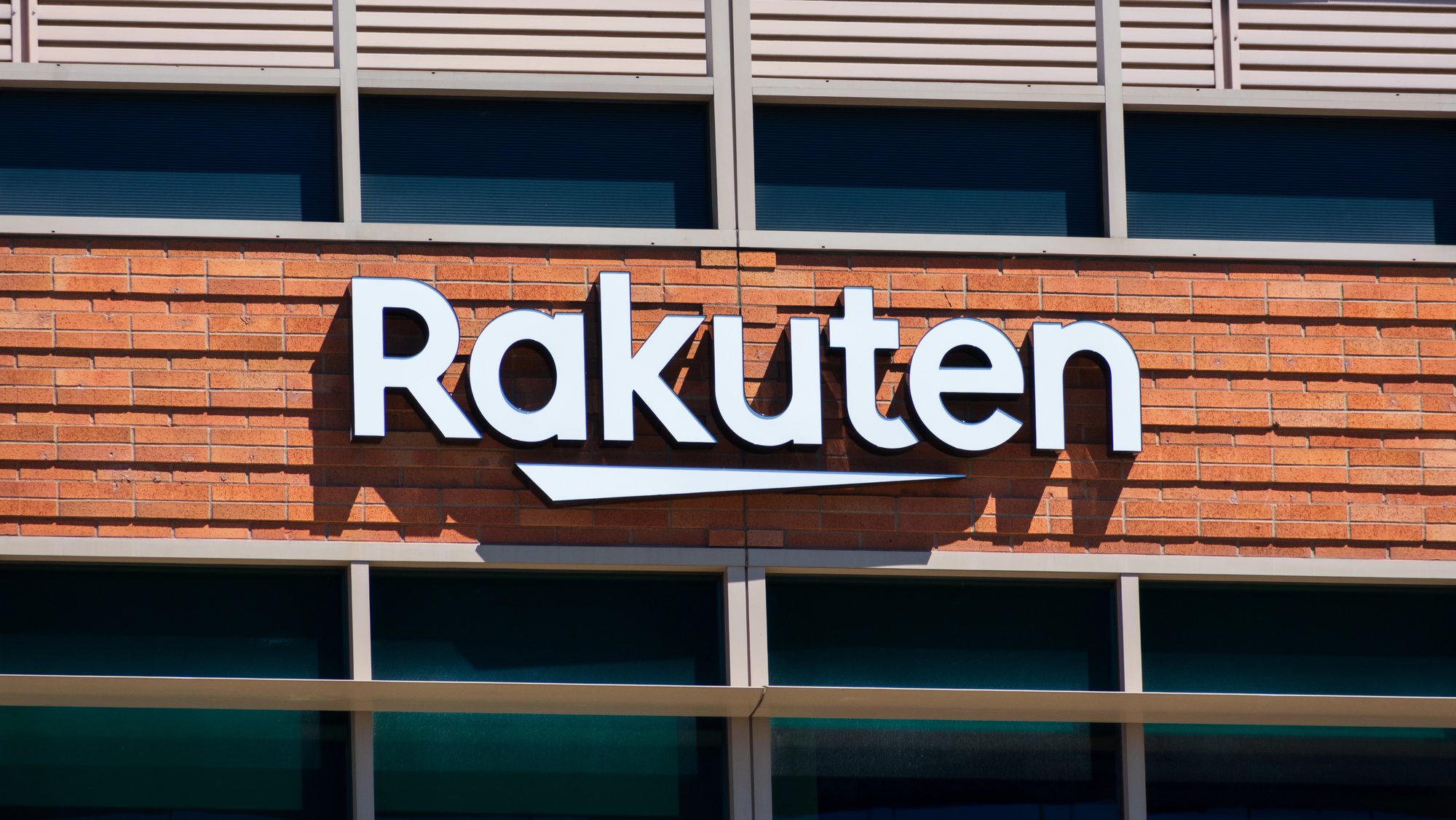SINGAPORE: While Rakuten’s mobile business has strained the company’s finances, Rakuten founder Hiroshi Mikitani dismissed sceptics who claim the company’s mobile venture was a mistake, stating that its telecom arm is key to the company’s future growth through artificial intelligence (AI).
According to Bloomberg, entering Japan’s competitive wireless market has led to the company’s four years of losses, affecting its profitable online shopping and finance sectors. However, Mr Mikitani explained that the mobile arm, with over eight million users, is crucial for training AI that will drive the company’s expansion.
Mr Mikitani noted that the data Rakuten collects from its users is an “extremely powerful” resource. While Rakuten has no intention to compete against giants like OpenAI or Google, it plans to “actively build a more vertically integrated, specialised AI,” he said.
Japan’s slower adoption of AI and digital technologies presents a chance for Rakuten to lead. With no dominant player yet in Japan’s AI market, despite government subsidies, companies like SoftBank, Nippon Telegraph & Telephone, and NEC are all vying for position.
Rakuten, which competes closely with Amazon in Japan’s e-commerce space, is set to launch an AI assistant to boost user engagement. The company has also hired former Google expert Ting Cai to expand its AI efforts beyond travel and e-commerce.
Mr Mikitani described the impact of Rakuten’s mobile business on its overall ecosystem as “huge,” noting that mobile network users spend nearly 50% more on the company’s online shopping platform, benefiting its other services like credit cards, travel, banking, and brokerage.
The mobile business has put a strain on Rakuten’s finances, leading the company to sell about a 15% stake in its credit card unit to Mizuho Financial Group. The company also raised funds by listing its banking business publicly in 2023.
Rakuten posted its first quarterly operating profit since 2020 as mobile losses narrowed in November. To broaden its reach, Rakuten plans to offer 100 per cent smartphone coverage across Japan through satellite-based services, partnering with US-based AST SpaceMobile by 2026.
Mr Mikitani said the company’s goal is to become one of the top-tier profitable companies in Japan and, eventually, the world. “Our ambition is probably really big, but we are doing this step by step,” he added. /TISG
Read also: Citigroup cuts more jobs to invest cost savings in data quality and regulatory controls
Featured image by Depositphotos (for illustration purposes only)

